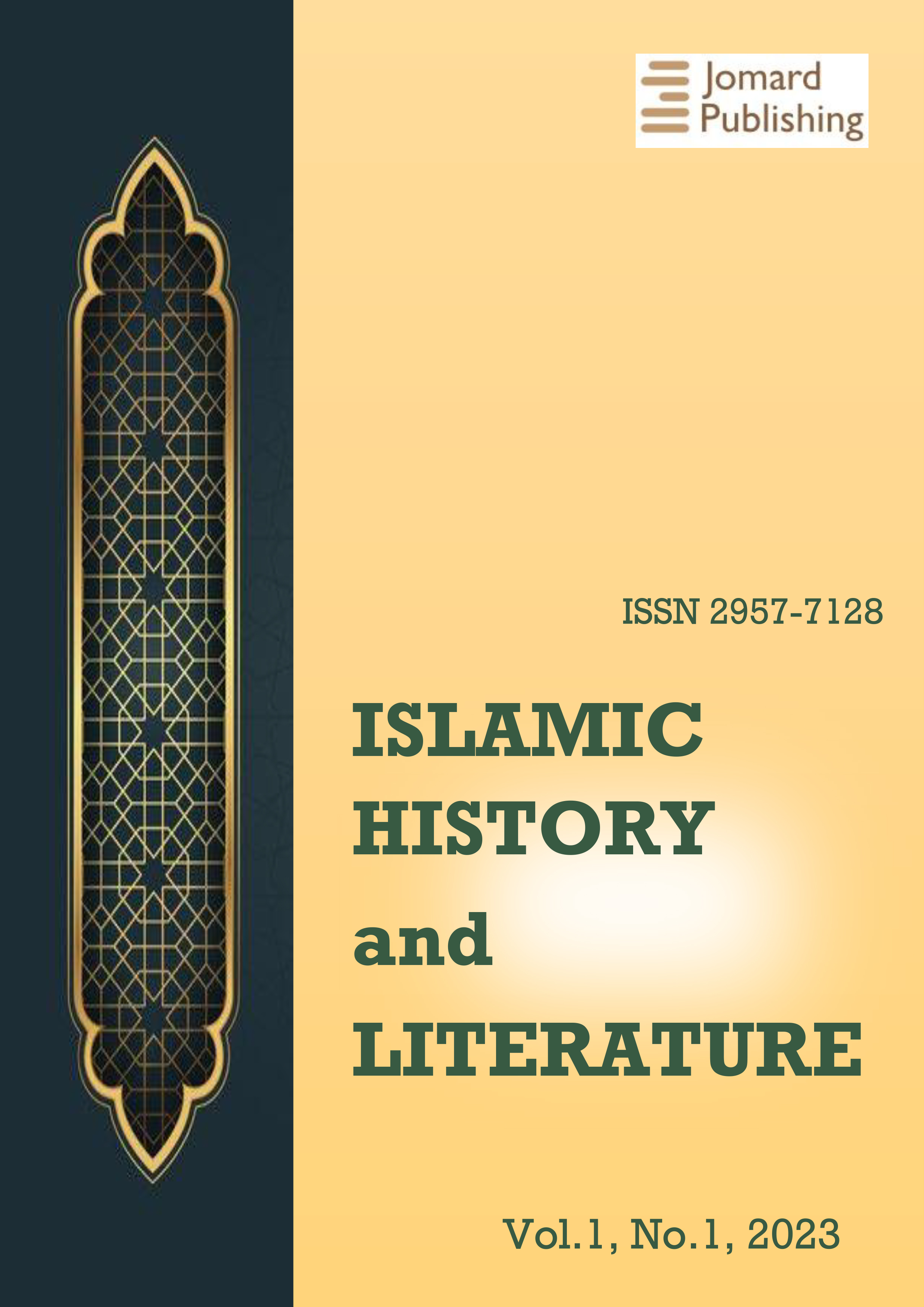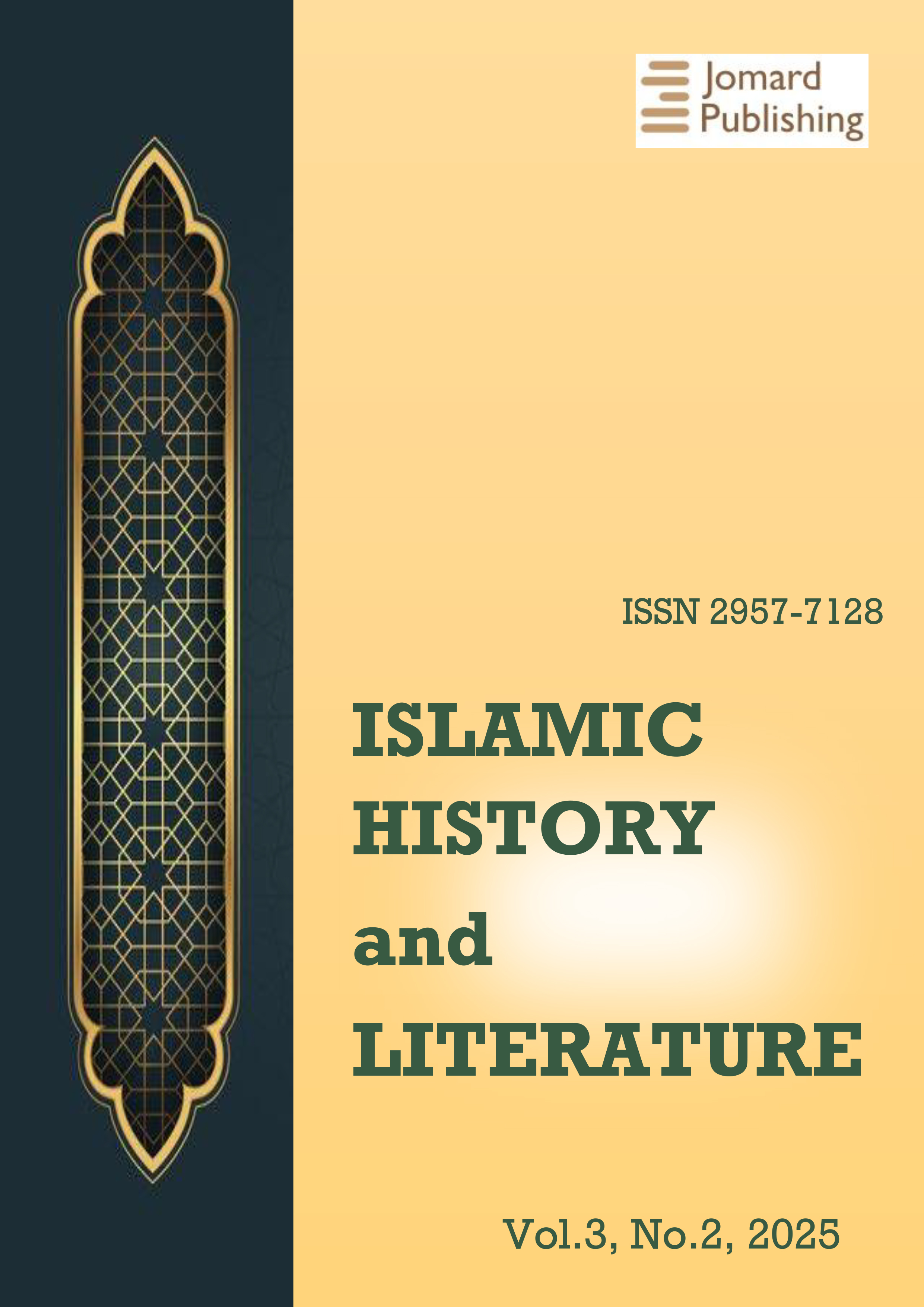The Influence of Islam in the Diplomatic Relations of the Kokand Khanate
- Published: 12-05-2025
Share
This article examines the role of Islam in shaping the diplomatic strategies of the Kokand Khanate (1709-1876), a Central Asian state that navigated complex regional and international relations. Through historical analysis of primary sources, including treaties, correspondence and archival records from Russian and Bukharan repositories, the study demonstrates how Islamic principles, religious solidarity and Sharia norms influenced the Khanate’s foreign policy. The research highlights two key dimensions: (1) the use of Islamic unity as a tool to strengthen alliances with Muslim states (Bukhara, the Ottoman Empire) and (2) the pragmatic adaptation of religious discourse in negotiations with non-Muslim powers like Russia and Britain. Findings reveal that while Islamic rhetoric initially bolstered Kokand’s legitimacy and regional integration (e.g., framing conflicts as defense of “true Islam”), its efficacy diminished under geopolitical pressures, particularly during Russian expansion into Central Asia post-1850. The study also underscores the active role of religious institutions (madrasas, ulama) in mediating diplomatic disputes and legitimizing treaties through Sharia compliance. However, the Khanate’s eventual collapse (1876) exposed the limitations of religious ideology in countering imperialist aggression and internal socio-economic crises. This work contributes to broader debates on the intersection of religion and statecraft in pre-colonial Muslim societies, emphasizing the dynamic yet contingent nature of Islamic diplomacy in Central Asia.
- View 791
- Downloads 120
- Saveds 0
- Citations (Crossref) 0

